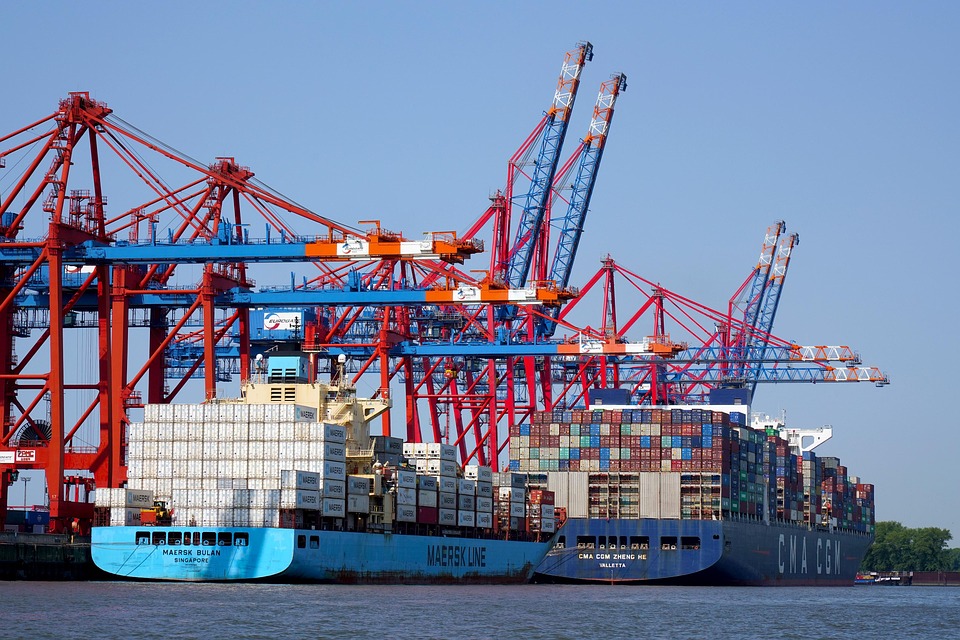Navigating the Future: Top Careers in Logistics and Supply Chain Management
In an increasingly globalized world, logistics and supply chain management (SCM) have emerged as vital components of business operations. As e-commerce continues to boom and customer expectations rise, the demand for skilled professionals in this sector is at an all-time high. From ensuring that products are delivered on time to managing intricate supply networks, careers in logistics and supply chain management offer a plethora of opportunities. This article explores the top careers in this dynamic field and the skills needed to thrive.
1. Supply Chain Manager
A Supply Chain Manager is responsible for overseeing and streamlining a company’s supply operations. This role includes demand forecasting, inventory management, procurement, and logistics. As businesses strive for efficiency and cost-effectiveness, Supply Chain Managers play a crucial role in ensuring the smooth flow of goods from suppliers to customers.
Key Skills:
- Analytical and problem-solving abilities
- Strong negotiation skills
- Understanding of data analysis and forecasting techniques
- Proficiency in supply chain software and technology
2. Logistics Coordinator
Logistics Coordinators act as the backbone of logistics operations, managing the process of shipping and warehousing. They coordinate transportation, track shipments, communicate with suppliers and customers, and resolve any issues that arise during the shipping process.
Key Skills:
- Excellent organizational capabilities
- Effective communication skills
- Knowledge of transportation and logistics systems
- Proficiency in logistics software such as TMS (Transportation Management Systems)
3. Procurement Analyst
Procurement Analysts are tasked with sourcing goods and services efficiently and cost-effectively. They analyze purchasing data, evaluate suppliers, negotiate contracts, and track purchasing trends to recommend improvements.
Key Skills:
- Analytical mindset to assess procurement strategies
- Strong negotiation skills
- Familiarity with market trends and supplier landscapes
- Proficiency in data analysis tools
4. Supply Chain Analyst
Supply Chain Analysts focus on analyzing data related to supply chain processes to identify trends, inefficiencies, and opportunities for improvement. They use statistical tools and models to forecast demand and optimize inventory levels, ensuring that supply meets customer needs without oversupply or stockouts.
Key Skills:
- Strong analytical and quantitative skills
- Proficiency in data visualization tools and software like Excel or Tableau
- Familiarity with supply chain modeling and forecasting techniques
- Attention to detail
5. Operations Manager
Operations Managers oversee the day-to-day activities of a business’s supply chain and logistics. They are responsible for managing teams, improving operational efficiency, and implementing best practices to enhance productivity. This role requires a blend of strategic oversight and hands-on management.
Key Skills:
- Leadership and team management
- Process improvement and optimization
- Strong understanding of logistics and operational strategy
- Effective communication and interpersonal skills
6. Inventory Control Specialist
Inventory Control Specialists are tasked with managing inventory levels and ensuring the accuracy of inventory records. This job involves monitoring stock levels, conducting audits, implementing inventory management systems, and collaborating with procurement and sales teams to optimize inventory.
Key Skills:
- Attention to detail
- Computer proficiency, particularly in inventory management systems
- Problem-solving skills for inventory challenges
- Ability to analyze data related to stock levels
7. Freight Forwarder
Freight Forwarders act as intermediaries between shippers and transportation services. They manage the movement of goods across international borders, ensuring compliance with shipping regulations and paperwork. This role requires a comprehensive understanding of international trade and logistics.
Key Skills:
- Knowledge of customs regulations and international shipping laws
- Strong organizational and communication skills
- Ability to navigate complex logistics networks
- Proficiency in freight management software
The Future of Logistics and Supply Chain Management
The logistics and supply chain sector is evolving rapidly. The rise of automation, artificial intelligence, and big data analytics is transforming the way supply chains operate. Additionally, sustainability is becoming a focal point, with businesses seeking greener supply chain practices. As new technologies emerge, the demand for skilled professionals who can adapt to these changes will only increase.
Conclusion
A career in logistics and supply chain management offers a wealth of opportunities for growth, innovation, and impact. Professionals in this field will play a critical role in shaping the way businesses operate and meet consumers’ demands in an ever-changing marketplace. By acquiring the necessary skills and staying abreast of industry trends, individuals can navigate the future of logistics and supply chain management with confidence and success. Whether you are just starting or looking to advance your career, the logistics sector is waiting for innovative thinkers and decision-makers to drive its future.




